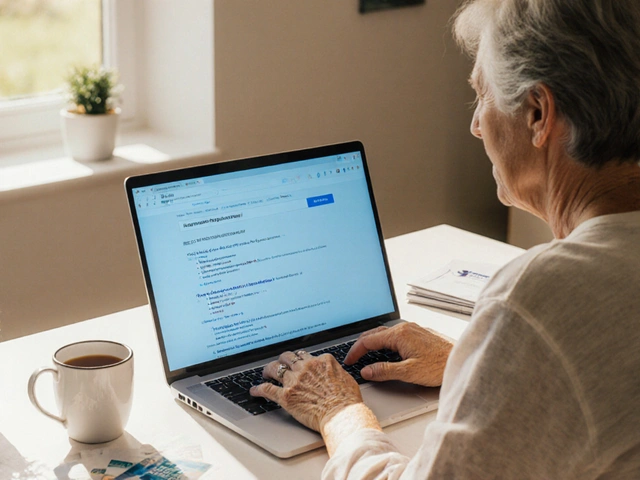Care for a Loved One: Practical Medication and Health Tips
Watching a loved one manage illness can feel overwhelming. You don’t need medical school—just clear steps and trustworthy info. This tag groups articles that help you with medicines, side effects, alternatives, and everyday care so you can make better choices together.
Start by getting organized. Keep a simple list with drug names, dosages, purpose, and times to take each pill. Note allergies and who prescribed the drug. A printed list stuck on the fridge or a shared note on your phone prevents missed doses and dangerous mix-ups.
Know what to watch for. Every medicine has common side effects and a few serious ones. Learn the warning signs—sudden breathing trouble, chest pain, severe rash, confusion, or fainting—and call emergency services if they appear. For milder issues like nausea or drowsiness, talk to the prescriber about dose changes or safer alternatives.
Ask smart questions at the pharmacy and clinic. Ask: What is this for? How long should it be taken? Any interactions with other drugs or supplements? Can this affect mood, sleep, or appetite? A short list of focused questions helps you get useful answers fast.
When prices are a worry, search for discounts and trusted online options. Our site compares savings tools, discount cards, and reputable pharmacies so you can find lower-cost choices without risking safety. Never order from a site that hides contact info or asks for suspicious payments.
Handling mental health and relationships
Mental illness affects relationships. If a loved one has panic disorder, depression, or side effects from psychiatric drugs, steady communication matters more than perfect solutions. Pick calm times to talk, use “I” statements, and keep plans simple—small steps like setting reminder alarms or attending one appointment together make a big difference.
Practical meds tips
Store medicines safely: dry, cool, and out of reach of children. Keep short-term and long-term supplies separate. Check expiration dates and safely dispose of old pills—many pharmacies offer take-back programs. If swallowing is hard, ask the doctor about liquid forms or pill-splitting guidelines.
Track progress and side effects in a short daily note. Write one sentence about symptoms and one about mood. This log makes follow-up visits focused and faster, helping clinicians adjust treatment based on real patterns, not memory alone.
Use our tag page to read focused articles: how to buy certain medications safely, alternatives to common drugs, and specific drug guides like Prilosec, Celebrex, or anticoagulants. Each post gives practical steps you can use with your loved one right away.
If you need quick help, contact your local pharmacy or clinic. For ongoing support, bookmark relevant posts and share them with family. Caring for someone is a team job—good info and simple routines take a lot of the pressure off.
Need a quick checklist? Carry: medication list, small pill box, phone numbers for the prescriber and pharmacy, and emergency contacts. Keep copies of recent lab results and a list of allergies. These four items make visits smoother and emergencies less scary. Share this tag with family and friends.

Supporting a loved one going through menopause can be challenging but it's essential to be patient and understanding. It's important to educate ourselves on the symptoms and changes they may be experiencing, so we can better empathize with their situation. Offering emotional support by listening and being there for them can make a significant difference. Encouraging healthy habits, such as exercise and a balanced diet, can help alleviate some symptoms. Finally, it's crucial to maintain a sense of humor and keep things in perspective, as this phase of life is temporary and manageable with love and support.
Continue Reading




